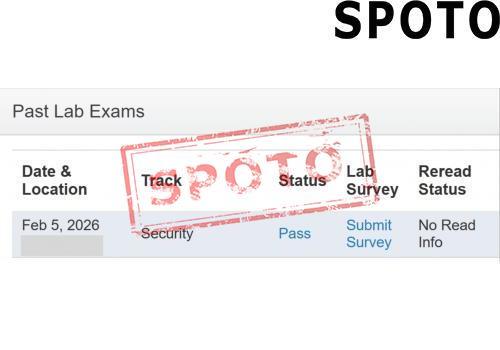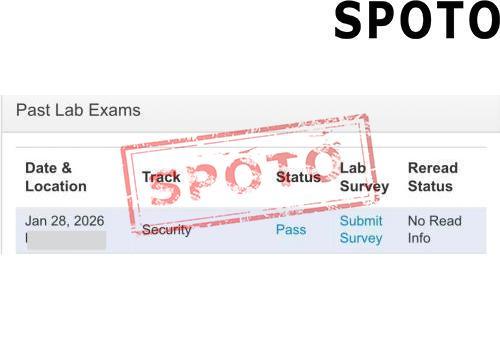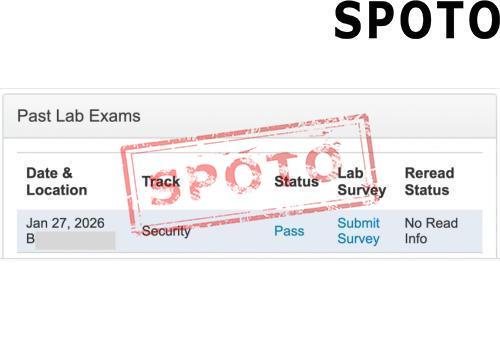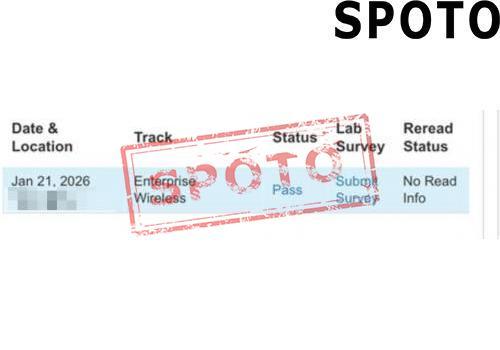
Table of Contents
This article will introduce you to what an Automation Engineer is, the career information of an Automation Engineer and the necessary conditions to become an Automation Engineer. By reading this article, you will gain an in-depth understanding of the profession of Automation Engineer.
1. What is an Automation Engineer?
An automation engineer is a professional technician who is responsible for designing, developing, deploying and maintaining automation systems. Its core goal is to reduce manual intervention, improve production efficiency, reduce costs to improve the accuracy and safety of operations through technical means. This profession is widely used in manufacturing, energy, logistics, IT, medical and other fields. The core responsibilities of automation engineers include system design and development, programming and debugging, and timely maintenance and optimization of the system. They need to design automation solutions according to industry needs, select appropriate technical tools, and integrate them. Write control programs to ensure that the equipment operates according to the preset logic and solve operational failures. In addition, automation engineers also need to regularly check the operating status of automation equipment, perform preventive maintenance, extend equipment life, analyze system production efficiency and energy consumption, and optimize processes to improve performance.
2. How much does an Automation Engineer Make?
According to Zippia, Automation Engineers earn a monthly salary of 8-15K, or an annual salary of 10-18W. Generally speaking, the monthly salary of undergraduate graduates is generally around 8K-12K, and that of large state-owned or foreign-funded enterprises may reach 10K-15K. The starting salary of master's graduates is usually around 12K-18K, and that of doctoral graduates is generally around 200K-300K. Large companies will also prefer experienced practitioners. Senior automation engineers with 5-10 years of work experience can have an annual salary of 200,000-300K yuan or even higher. Technical experts with more than 10 years of experience in the fields of semiconductors, robotics, etc. generally have an annual salary of more than 500K.
If divided by industry, the salary of automation engineers is usually higher in high-tech industries such as semiconductor chips, robot development, and new energy vehicles, while in traditional manufacturing, the salary level is relatively low. Automation engineers in the fields of power systems, new energy systems generally have a monthly income range of 8K to 15K. If divided by the size of the company: automation engineers in well-known foreign companies, large state-owned enterprises or technology companies often have higher salaries, and with the accumulation of work experience, there is a large room for salary improvement. Small private enterprises may have relatively low salaries, but they will also vary according to the specific situation of the company and project requirements.
3. Job Outlook of Automation Engineer
Common application areas for automation engineers include manufacturing, energy, logistics and warehousing, IT and software, and medical industries. Automation engineers can also be promoted to senior automation engineers and automation project managers, responsible for the coordination of large and complex projects. At present, the artificial intelligence and big data industries are developing rapidly, and the requirements for the quantity and quality of talents are also increasing. Both large and small enterprises hope to obtain senior talents with experience and skills in this field to improve the competitiveness of the enterprise, and senior automation engineers have strong competitiveness among them. According to the data, the number of recruitment positions for automation engineers in 2024 increased by 249% compared with the same period in 2023, and the number of recruitment positions in 2026 showed rapid growth, indicating a strong market demand. How automation engineers can better adapt to the complex and changing external environment and highlight their competitive advantages in the fierce competition is also what we need to pay attention to in the future.
4. What Are the Qualifications to Become an Automation Engineer?
(1) Obtain a Bachelor's Degree
Automation Engineers generally require job seekers to have at least a bachelor's degree in engineering, especially in mechanical, electrical and artificial intelligence fields. Of course, a higher level of education will be more advantageous in the workplace.
(2) Develop professional skills
Automation engineers need to have a comprehensive set of skills to ensure the efficient, safe and long-term operation of equipment and systems. Automation engineers need to be proficient in PLC programming and human-machine interface programming, and be familiar with host computer configuration software such as WinCC and KingView. Not only limited to the basic knowledge of control theory, but also need to be proficient in applying this knowledge to actual work. For automation engineer positions related to industrial robots, it is necessary to be familiar with the control system programming of certain robot brands and master the design of robot-integrated application control systems. In addition, automation engineers also need to have good communication and teamwork skills, because automation engineers need to collaborate with multiple departments in project implementation.
(3) Earn Industry Certifications
Obtaining a certification that is highly recognized in the industry can help you further your career path. Therefore, we recommend that you obtain the CCNA Security certification and CCIE Enterprise certification. These certifications serve as a testament to your proficiency in enterprise infrastructure, assurance, security, and beyond. With the Cisco Certified Network Professional (CCNA/CCIE) Enterprise certification, you'll gain the capability to configure, diagnose, and oversee the networks of the world's largest corporations.
5. Similar Occupations of Maintenance Engineer
-
Robotics Engineer
-
Control Systems Engineer
-
Industrial Engineer
-
Electrical Engineer
-
DevOps Engineer










